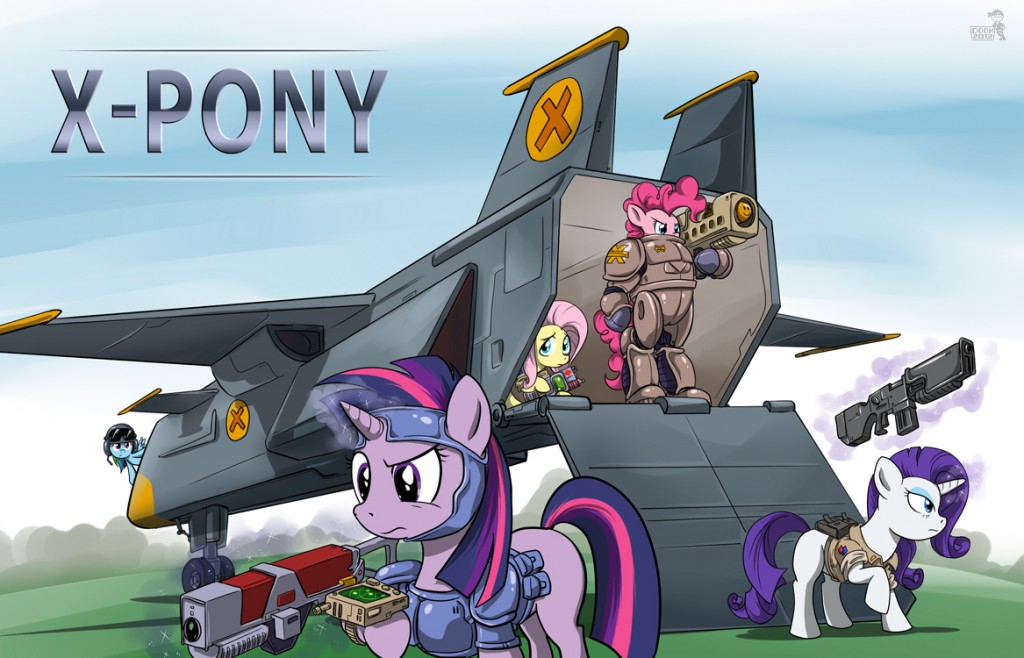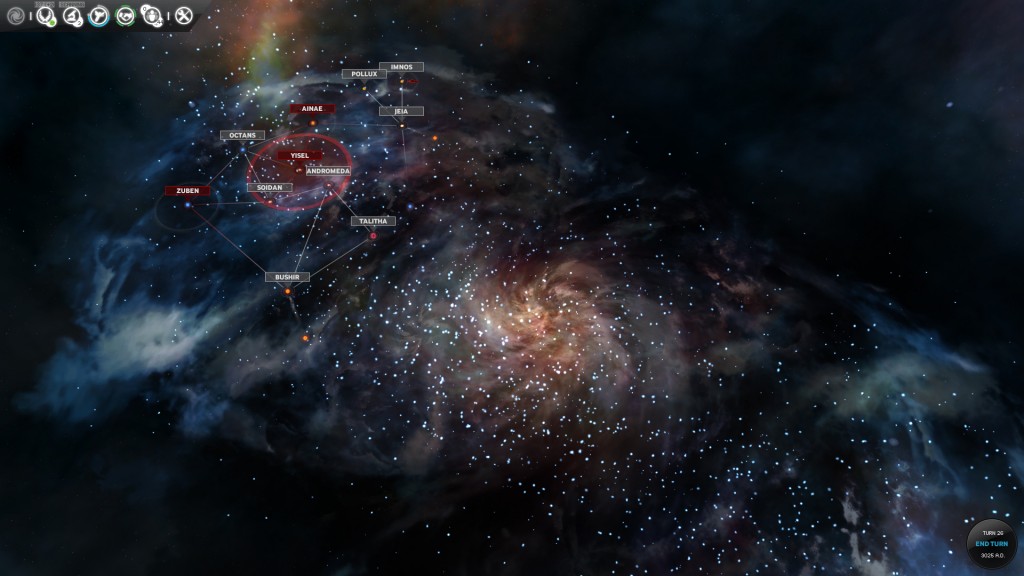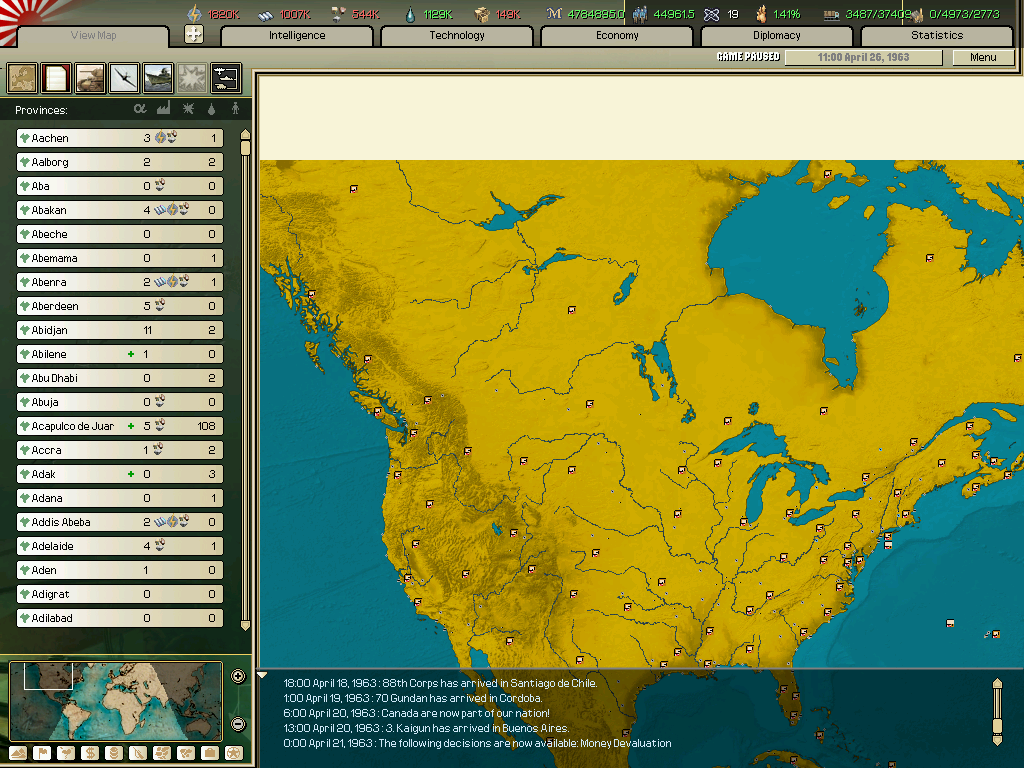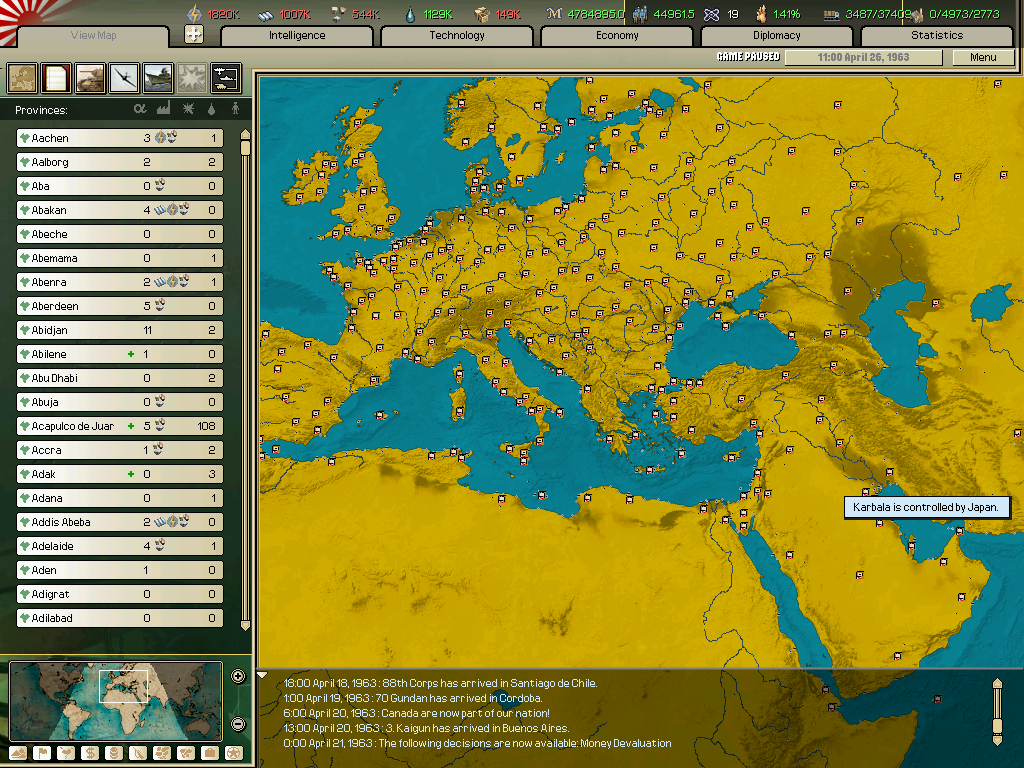Hey gang, it’s been awhile hasn’t it? Very sorry about that, but with Pike and myself both writing books, her getting a new computer, and various Christmas stuff we’ve both been somewhat busy. Still, here is a post now, and it’s an important one because it’s about a damn good game!
Soldak probably isn’t the best-known name in gaming, which is a crying shame. They generally work in the ARPG field and two of their previous games – Depths of Peril and Din’s Curse – have been pretty well received by those who have played them. I do not number among those yet but I will soon because Drox Operative is pretty amazing. See, whilst Soldak’s games are very solid ARPGs in and of themselves, they’re also trying to do some new and interesting things with the genre. Let’s talk about Din’s Curse first of all.
In that game, you play a typical adventurer type off to conquer dungeons, kill bosses, and get great loot. So far so normal, but here’s the twist: The world is doing stuff while you are doing stuff. While you’re in a dungeon looking for something, the Big Bad at the bottom might open a portal to the town and kill everyone so you have to rush back to try and stop this. And you can fail, and your quest progress is for naught. Or you can partly succeed and only some people survive. Move on to another (randomly-generated) town and setting and deal.
Drox Operative is even more ambitious.
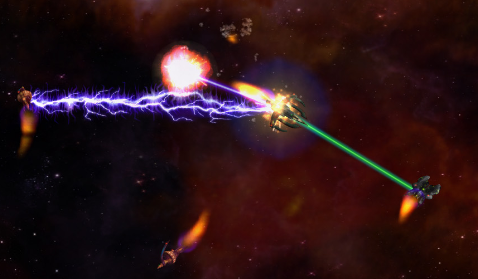
You are an eponymous Drox Operative – a secretive and powerful mercenary agent who flies around the galaxy doing stuff. The thing is that the setting isn’t a premade one, nor is it just a regular randomly generated one. The setting is actually a 4X game which is going on all the time no matter what you’re up to, and you’re one part in that. You’re an important, sometimes pivotal part, but you’re not the only one and whilst you can certainly swing things around for a race on the back foot, you may not have the same ability if they’re on the ropes entirely. The various races – and there are an abundance – hire you to do exactly the sort of stuff that tends to not exist in a typical 4X; go clean that pirate nest out. Go deal with this one Space Asshole. Go shuttle some stuff between our worlds. That’s the “early game” stuff, where you’ll do less dangerous and difficult quests to build up relations with a race; then things will likely kick off and they’ll want your help with the big boy fights. Or you can just try to make nice with everyone, or you can go make loads of money instead if you want, as there’s more than one way to win (and lose).
If the game was just a regular randomly generated ARPG it’d be more than worth getting – it’s a damn solid game with a huge amount of things to try and a fuckton of different item types that give you a startling degree of customization options. Putting the player into a dynamic world which can be influenced and played around with and never controlled quite as completely as you’d like elevates it to downright genius territory.
It’s not a perfect game by any means. There are some interface and control issues, a few of the controls aren’t really intuitive, and the graphics, music, and sounds are serviceable rather than particularly good. None of this detracts significantly from the extraordinarily solid game at the core of this thing and if you want a good dose of ARPG after burning out on Torchlight II, this is one of the best options out there right now.
You can buy Drox Operative from the Soldak website for the absurd price of US$20. If you’re like me you’ll feel like you may have committed a crime getting it so cheap.



